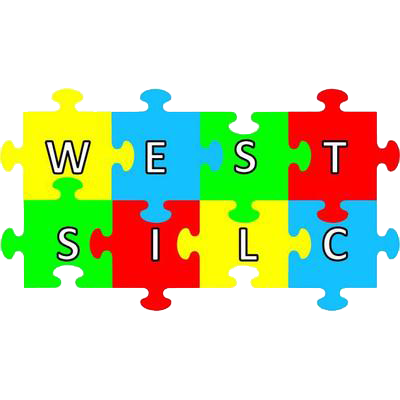
HUMANITIES
HUMANITIES AT WEST SILC
Humanities at West SILC is delivered in a highly differentiated way so all learners can access History, Geography and Modern Foreign Languages meaningfully. In Explore, Engage and Aspire, it is not taught as a discrete subject; instead, key ideas are embedded through sensory exploration, thematic play, real-life experiences and multi-sensory stories. In Connect and Climb, Humanities is taught more formally through adapted, practical and experiential lessons that build early historical and geographical concepts using visuals, visits, timelines and hands-on activities. In Elevate (and in WAIP settings), Humanities is taught as discrete subjects following a more academic curriculum with opportunities for accreditation. Across all pathways, teaching is practical, relevant and personalised so learners can understand people, places and the world around them.




